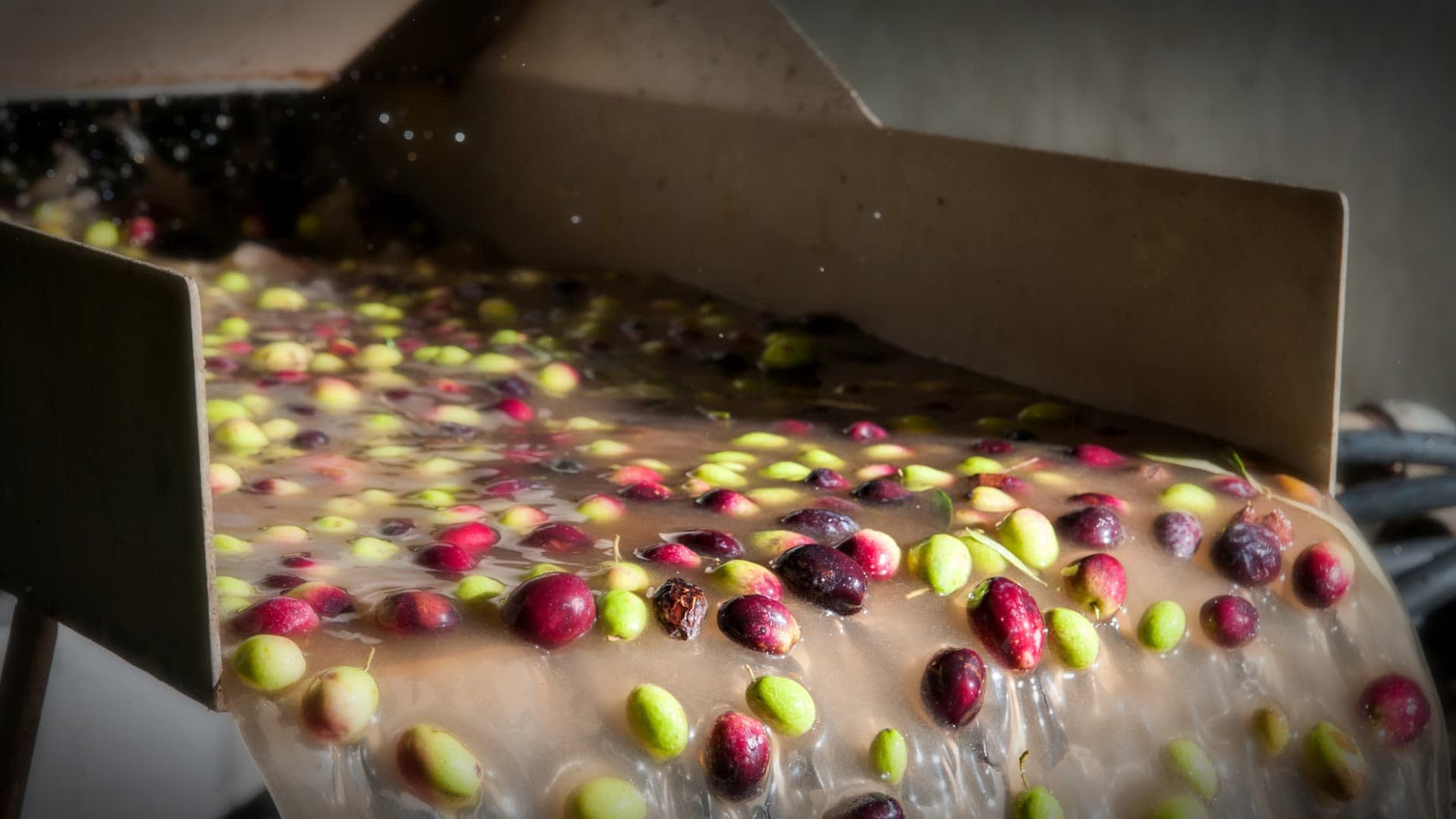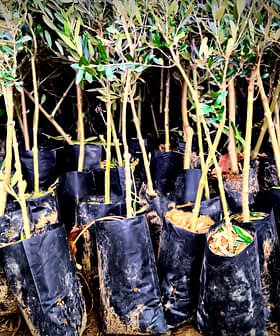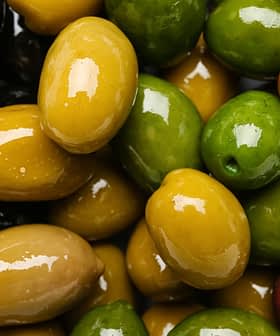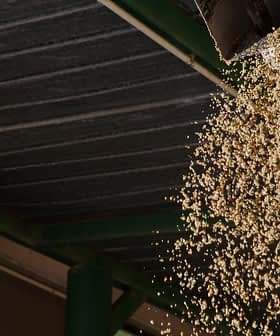Mill Wastewater Extract Yields Promising Health Benefits

Researchers have been studying the effectiveness of a dietary supplement derived from olive mill wastewater, called Momast Plus 30 Bio, enriched with hydroxytyrosol, on cardiovascular diseases. The supplement showed anti-inflammatory effects, reduced arterial stiffness, and inhibited the synthesis of nitric oxide, suggesting its potential for cardiovascular disease prevention and treatment of heart infections.
Researchers from the Universities of Bologna, Palermo and Bari have been investigating the effectiveness of a dietary supplement obtained from olive mill wastewater on cardiovascular diseases.
The supplement, sold commercially as Momast Plus 30 Bio (MP30B), is enriched with hydroxytyrosol, one of olive oil’s primary polyphenols, using a patented technique to extract the compound from olive mill wastewater.
Bioenutra, the company that manufactures MP30B, was not involved in the study.
See Also:Health NewsPrevious studies have found that the supplement exerts anti-inflammatory effects and removes reactive oxygen, which mitigated heart infections in in vivo studies.
In ex vivo studies, MP30B was also found to decrease the stiffness of the thoracic artery, which is thought to precede increased blood pressure.
The research also demonstrated that MP30B did not significantly alter the heart’s ability to pump blood effectively or impact the blood vessel function and health, known as cardiac and vascular parameters, in ex vivo studies.
“Based on these findings, we posit MP30B as a promising extract for cardiovascular disease prevention, and its specific antibacterial properties suggest its utility in preventing cardiac infections,” the researchers wrote.
Along with the promising health results from the study, the researchers said finding new uses for olive oil production byproducts helps increase the sustainability of the production process and substitutes a cost for millers with an additional revenue stream.
An estimated 30 million cubic meters of olive mill wastewater are produced yearly in the Mediterranean basin. Due to its high content of phenolic compounds, this wastewater must be treated before disposal.
“Olive mill wastewater poses an important waste management problem since the lack of conventional treatment can counteract its high toxicity,” the researchers wrote. “However, phenolic compounds in the wastewater represent an opportunity to ‘upcycle’ this waste to obtain high-added-value products.”
Their study, conducted on guinea pigs, found that Momast Plus 30 Bio inhibited the ability of enzymes to synthesize nitric oxide, a free radical, the overproduction of which can promote inflammation and oxidative stress.
“Our results suggest that MP30B can also interfere with inflammatory processes affecting the cardiovascular system by counteracting the deleterious effects caused by uncontrolled nitric oxide biosynthesis,” the researchers wrote.
They also found hydroxytyrosol’s antibacterial properties in MP30B, especially against infective endocarditis, a bacterial or fungal heart infection with a relatively high in-hospital mortality rate.
“Streptococci are among the most frequent causes of infective endocarditis,” the researchers wrote. “MP30B has actions on all types of streptococci tested.”
“Comparing the results of MP30B with those obtained using the reference antibiotic levofloxacin on Streptococcus pyogenes ATCC or FL, it is observed that MP30B is more potent both as a bactericidal and as a bacteriostatic on Streptococci FL; contrary to what was observed for levofloxacin whose actions are more significant in ATCC bacteria,” they added.
The researchers concluded that the hydroxytyrosol-enriched dietary supplement demonstrated potential as a food supplement to prevent cardiovascular diseases and suggested that further research should investigate its impact on breast cancer.
“Studies on the cardiotoxic effects of anti-tumor therapies demonstrate the protective action of hydroxytyrosol in breast cancer cardiotoxicity, increasing the potential applications of MP30B,” they wrote.







